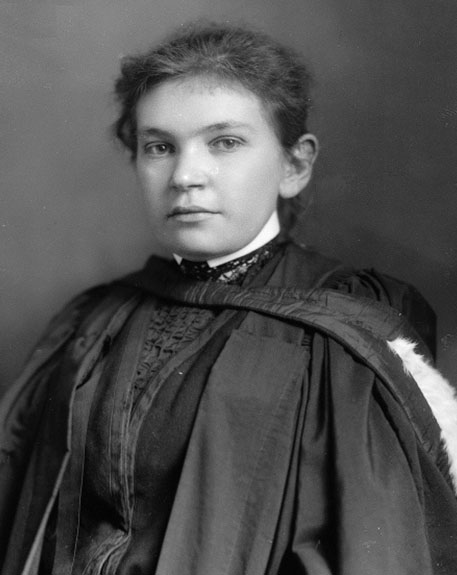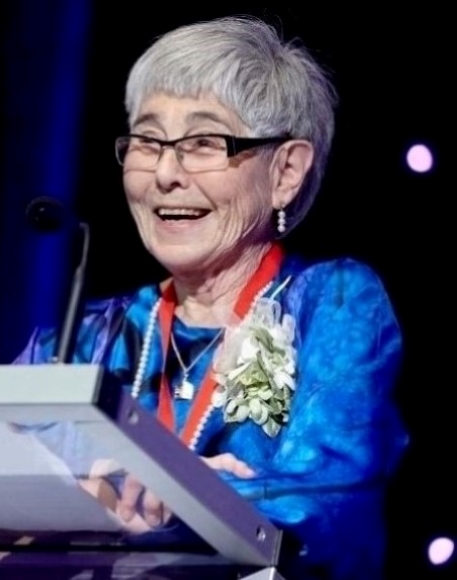1998 INDUCTEE Roberta Bondar, MD PhD Brain & Mind, Women in Medicine
December 4, 1945
(Sault Ste. Marie, Ontario)
PhD, University of Toronto (1974)
MD, McMaster University (1977)
2024: King Charles III Coronation Medal
2018: Companion of the Order of Canada
See All AwardsAwards & Honours:
2024: King Charles III Coronation Medal
2018: Companion of the Order of Canada
2011: Inductee of Canada’s Walk of Fame
2009: The Prestigious Loyola Medal
1999: Fellow of the Royal Society of Canada
1993: Order of Ontario
1992: Officer of the Order of Canada
1992: NASA Space Medal
1992: Strughold Award, American Space Medicine Association
1985: F.W. Casey Baldwin Award, Canadian Aeronautics and Space Institute
1985: Honorary Life Member, Canadian Federation of University Women
1985: Vanier Award
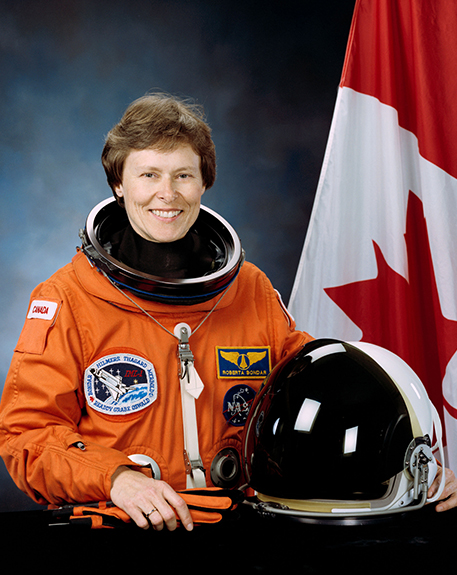
Canada’s first woman astronaut and the first neurologist in space
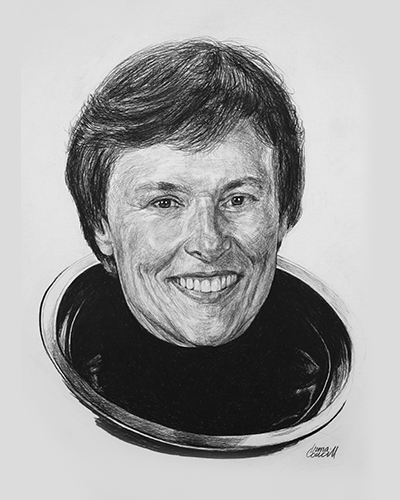
A trailblazer, brilliant neuroscientist, and environmental activist
Dr. Roberta Bondar has experienced life's strength, beauty and fragility from heights few people, let alone a handful of women anywhere, have ever scaled. Dr. Roberta Bondar is Canada's first woman astronaut and the world's first neurologist in space (NASA MISSION STS-42, January 1992). Even before her selection to the Canadian Space Program in December 1983, Dr. Bondar was a highly accomplished physician and researcher studying the nervous system.
Dr. Bondar was specifically interested in how eyes and ears help us balance and orient ourselves with respect to our surroundings. Additionally, her research into the effects of low gravity and weightlessness on the brain's blood supply was particularly fitting for NASA's quest to study how spaceflight affects astronauts.
Key Facts
Explored how humans react to weightlessness
Conducted more than forty pioneering experiments in the world's first International Microgravity Laboratory (IML-1)
Had several exhibitions and book publications of her photographs including Passionate Vision about Canada's national parks
Received 28 honorary doctorates
Professional timeline
Impact on lives today
Dr. Bondar’s research into space medicine is helping future astronauts and researchers of space medicine uncover the myriad effects of weightlessness and prolonged periods of spaceflight on the human body. Through the combined efforts of Dr. Bondar's research and others, we know, for example, that bone loss may continue for some time after landing and may not be recoverable, or that changes in the body's immune system may compromise the human body's ability to fight infections. Her research (in 2014) shows that returning astronauts have impaired and irregular blood flow in the brain and this can potentially lead to long-term damages.
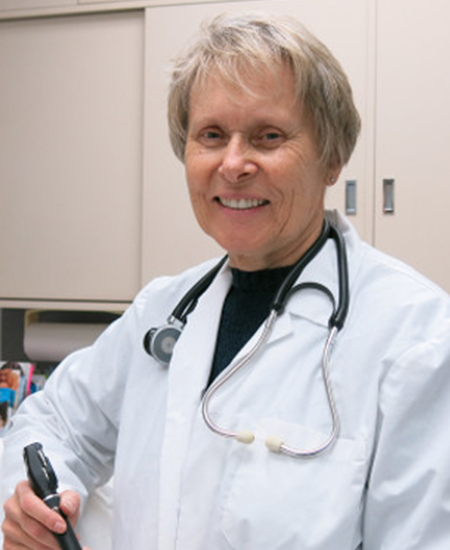
2026
-
Dr. Bondar’s research remains relevant to future space programs.
Brain & MindWith the rise of private space companies, space-tourism and planned missions to Mars, the health and safety of our astronauts, and potentially our citizens - is paramount.
-
In July of 2009 Bondar established a not-for-profit charity, The Roberta Bondar Foundation.
The Foundation ‘helps cultivate in all ages a sense of awe, respect and appreciation for other life forms that share our planet'.
-
A committed environmentalist, Bondar chaired the province of Ontario’s Working Group on Environmental Education.
Leadership in Organizational DevelopmentThe Minister of Education accepted and implemented all 32 of the working group‘s recommendations.
-
Roberta Bondar inducted into the Canadian Medical Hall of Fame
Hull, Quebec
-
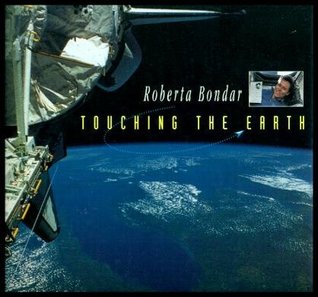
An avid photographer, Bondar was also tasked with taking pictures of earth during her time in space.
Her experiences in space along with her photographs were published in the book Touching the Earth in 1994.
-
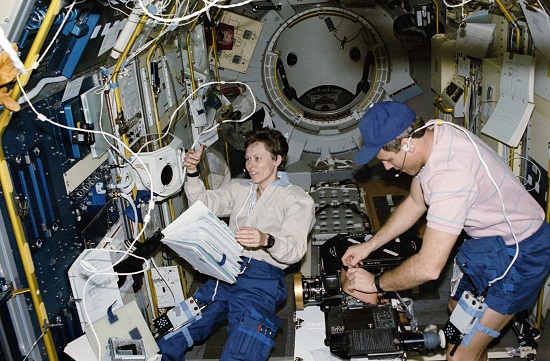
On the space craft DISCOVERY, Dr. Bondar circled our planet at thirty thousand kilometres per hour, situated three hundred kilometres above Earth
Brain & Mind, Women in MedicineHer research on board focused on how humans react to weightlessness, such as the effects of low gravity on eye motion and ear function, changes in our balance system, the elongation of the spine and its associated back pain during low gravity, and the after-effects of spaceflight on astronauts.
-
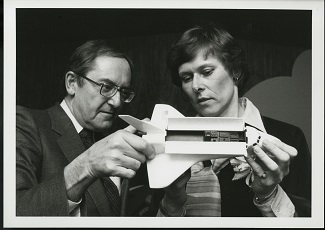
Roberta Bondar was chosen from more than 4,000 applicants for Canada’s astronaut program
Women in MedicineAs one of six members of the team, she trained for the mission for eight years.
-

Following five years of post-graduate work, Dr. Bondar returned to her alma mater.
Health and Medical Education & TrainingShe became an assistant professor of medicine at McMaster from 1982 to 1984.
-

After graduating from the University of Guelph with an undergraduate degree in science, Dr. Bondar pursued a steady stream of education and research.
She completed a master’s degree in experimental pathology and a PhD in neuroscience before going on to earn her MD in 1977.
1968
We learn and grown one goal at a time.

